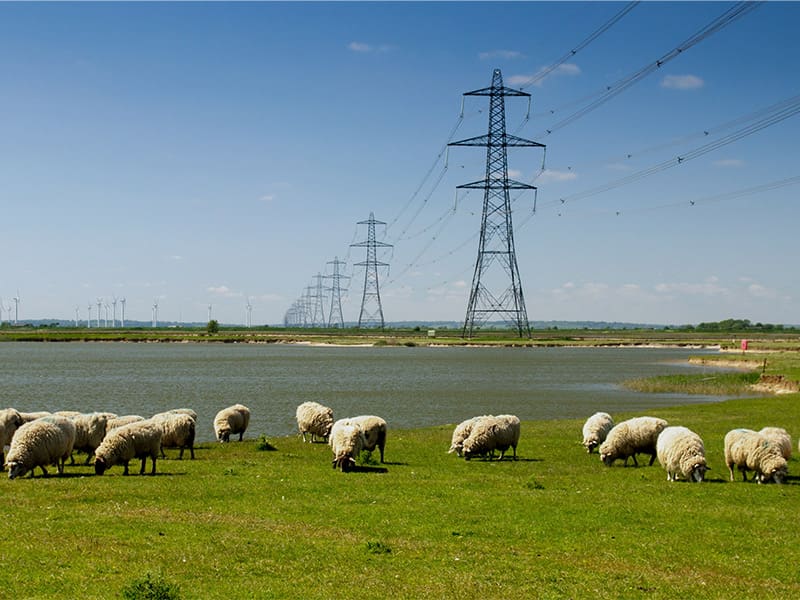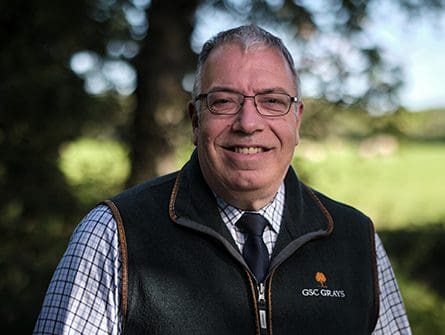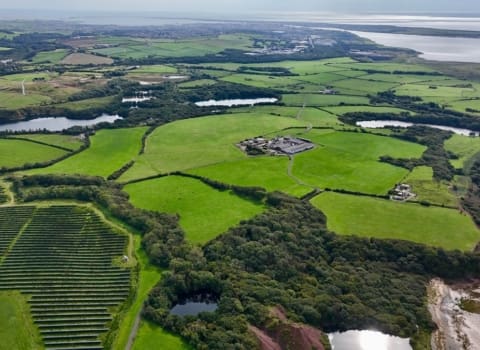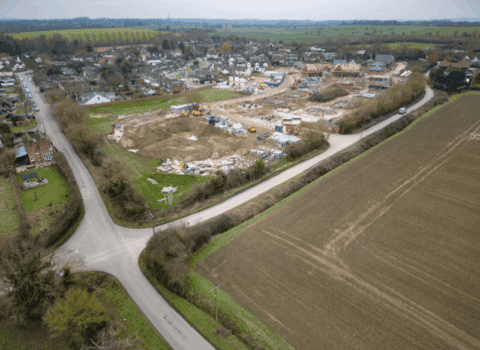Contact our offices
Main office
COLBURN
5 & 6 BAILEY COURT
COLBURN BUSINESS PARK
RICHMOND
NORTH YORKSHIRE
DL9 4QL
Estate Agency Offices are located in
BARNARD CASTLE, BOROUGHBRIDGE & RICHMOND
Residential Management Team
Our Offices
- Alnwick
01665 568310
Email Officealnwick@gscgrays.co.uk - Barnard Castle
01833 637000
Email Officebarnardcastle@gscgrays.co.uk - Boroughbridge
01423 590500
Email Officeboroughbridge@gscgrays.co.uk - Chester-Le-Street
0191 3039540
Email Officechester-le-street@gscgrays.co.uk - Colburn
01748 897630
Email Officecolburn@gscgrays.co.uk - Driffield
01377 337180
Email Officedriffield@gscgrays.co.uk - Hamsterley
01388 487000
Email Officehamsterley@gscgrays.co.uk - Hexham
01434 611565
Email Officehexham@gscgrays.co.uk - Kirkby Lonsdale
01524 880320
Email Officekirkbylonsdale@gscgrays.co.uk - Penrith
01768 597005
Email Officepenrith@gscgrays.co.uk

Managing the Impact of Changing Infrastructure on Landowners and Farmers
Rising Infrastructure Demand
Over the next seven years the United Kingdom faces a significant increase in infrastructure development, surpassing the combined efforts of the past three decades. This push is driven by the UK’s commitment to achieve Net Zero emissions by 2050. To meet this target, the country must construct new and upgraded infrastructure on an unprecedented scale to support new housing, commercial spaces, and renewable energy systems such as solar panels, batteries, and electric vehicle charging stations.
Impact on the North of England
The North East is representative of the broader infrastructure changes occurring across the UK. Ongoing projects like the dualling of the A66 and the Northumbrian Water pipeline projects across County Durham and the Tees Valley underscore the wider impacts of these projects on the local area. The scale of the new infrastructure project program means a network of cables and pipelines is projected to traverse farmland and rural areas, inevitably affecting landowners and farmers.
Role of Nick Winser and the ESC Report
Central to this transformation is Nick Winser, the UK’s Electricity Networks Commissioner. Appointed as an independent advisor in July 2022, Winser holds sway over the country’s electricity transmission infrastructure. Supported by insights from the Energy Systems Catapult (ESC) report, Winser’s recommendations aim to streamline the traditionally lengthy project delivery timeline, reducing it from fourteen years to seven.
This has been supported by the Government’s recent Net Zero announcement where they have committed to “fast track” through the nationally significant infrastructure project planning regime, available for major eligible transmission projects, to ensure they are prioritised, helping businesses and households connect to the grid sooner. While this acceleration offers efficiency gains, it will require landowners and farmers to adapt to an evolving landscape.
Electricity Transmission Infrastructure Evolution
In a recent correspondence to the Secretary of State, Nick Winser outlined plans with real implications for landowners and farmers, involving integrating the electricity generated by offshore wind projects and solar farms requiring substantial upgrades to the existing infrastructure or creating a new national transmission network. This could involve installing miles of pylons and overhead cables, impacting land management and agricultural activities.
Whilst this could result in significant disruption to farming businesses, it could also present an opportunity, particularly where new infrastructure provides increased grid capacity and new connection points. Renewable energy developments may become an option for landowners who previously had no viable grid connections.
The Need for Comprehensive Consultation
Recognising the potential impact, the National Farmers’ Union is advocating for thorough consultation, emphasising the importance of engaging with farmers whose lands may be directly impacted. They are pushing to determine whether farmers will be fairly compensated and, as the recent Winser Report suggests, receive lump sum payments similar to individual households for hosting new infrastructure on their land. Ensuring fair treatment for farmers and acknowledging their contributions is a key concern for the industry.
Towards a Balanced Future
As the UK progresses into a more sustainable future, the future of many farmers and landowners is tied to the trajectory of the associated development. While the pursuit of Net Zero is commendable, it must not come at the expense of those who steward the land. Striking a balance between progress and the interests of these stakeholders will be the ultimate test to the sustainability and success of the forthcoming infrastructure evolution.
Have you been notified of an infrastructure project that will cross your land? Utilities companies must pay for landowners to obtain advice. Our experienced team can help to negotiate on your behalf to ensure that you are not adversely affected and are fairly compensated. For an initial discussion, contact John Wallis.


GSC Grays News
GSC Grays launch innovative tool to unlock short-term funding for farm businesses
Read more







